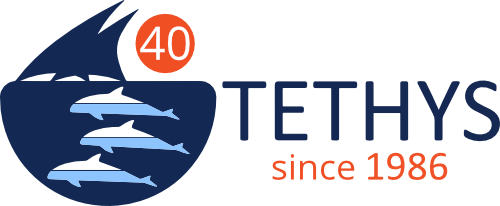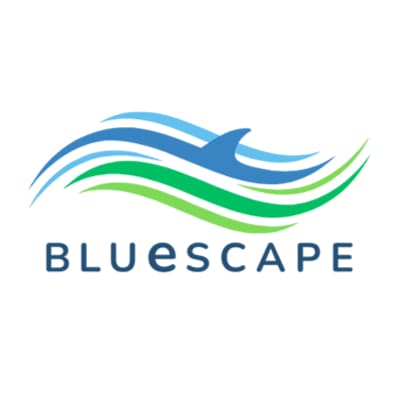Overview
Status: Ongoing
Topics: Research
Start date: 01/03/2024
End date: 28/02/2027
Parent project: CSR
Project website:
Funding institutions: Pelagos Initiative
Target species: Cetaceans, Posidonia oceanica
Tethys role: Partner
Project leader: Polytechnic University of Milan (Civil and Environmental Engineering Department, Polimi-Dica)
Project manager for Tethys: Maddalena Jahoda
Project partners: Tethys Research Institute, University of Corsica (Stella Mare Research Unit)
Project subcontractors: Cre.di.ma (Italian National Reference Center for Diagnostic Investigations on Stranded Marine Mammals)
Tethys staff: Maddalena Jahoda, Sabina Airoldi, Caterina Lanfredi
Project other staff:
Milestone project:
Detailed description
The capacity of marine ecosystems to sequester carbon, known as ‘blue carbon”, is receiving increasing interest in light of the growing need to reduce atmospheric CO₂ concentrations. The Bluescape project aims to provide a comprehensive assessment of blue carbon stocks and fluxes within the Pelagos Sanctuary. This involves estimating carbon storage in various habitats in the area, while also considering the contribution of the pelagic domain and the role of marine mammals in the carbon cycle.
Whales and dolphins’ activities influence the functioning and productivity of marine ecosystems, thereby impacting blue carbon dynamics. Through their feeding in the water column and defecation at the surface, cetaceans contribute to nutrient cycling, particularly supporting phytoplankton growth, which absorbs CO₂ and releases oxygen into the atmosphere.
A further key element is the endemic seagrass Posidonia oceanica, whose thick belowground structure, known as ‘matte,’ makes it one of the most important carbon sinks in the Mediterranean Sea.
Tethys contributes its over 30-year dataset on cetacean abundance for time-series analyses, provides fecal matter samples from free-ranging cetaceans and in-situ measurements of environmental parameters (i.e. pH, temperature, dissolved oxygen, chlorophyll) collected by using a probe. Feces will also be collected from stranded animals by Credima, the Italian National Reference Center for Diagnostic Investigations on Stranded Marine Mammals. The Civil and Environmental Engineering Department of the Polytechnic University of Milan (Polimi-Dica) coordinates the project and leads the mapping and modeling of ecosystem services over time. The University of Corsica is involved in the analysis of the seagrass Posidonia and of cetacean fecal matter samples.
By integrating these data with environmental surveys conducted both in situ and via satellite, the project aims at mapping and modelling the blue carbon stocks, fluxes and drivers within the Sanctuary. This comprehensive understanding will highlight the potential of the Pelagos Sanctuary for blue carbon-based climate change adaptation and further strengthen the case for its protection.

